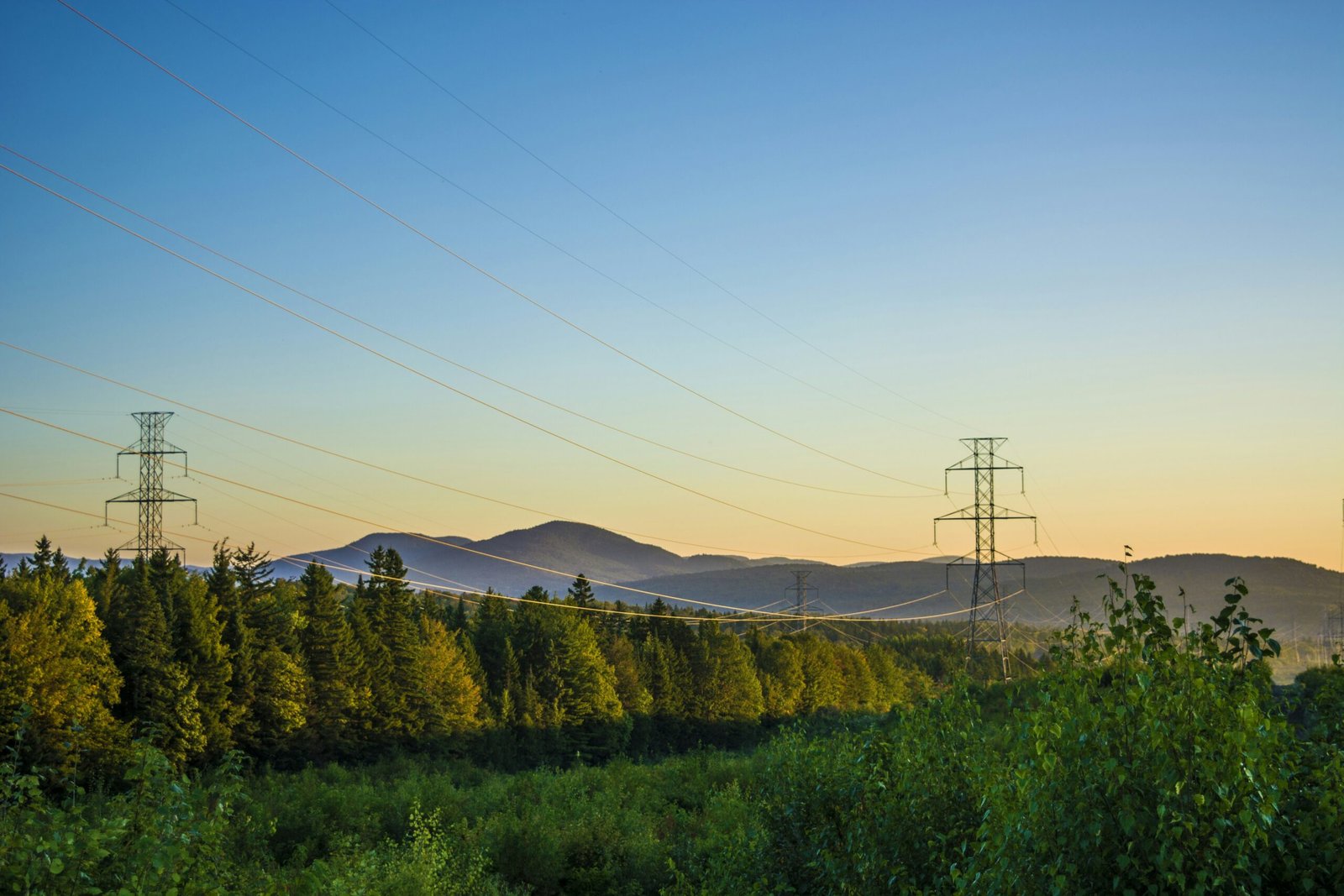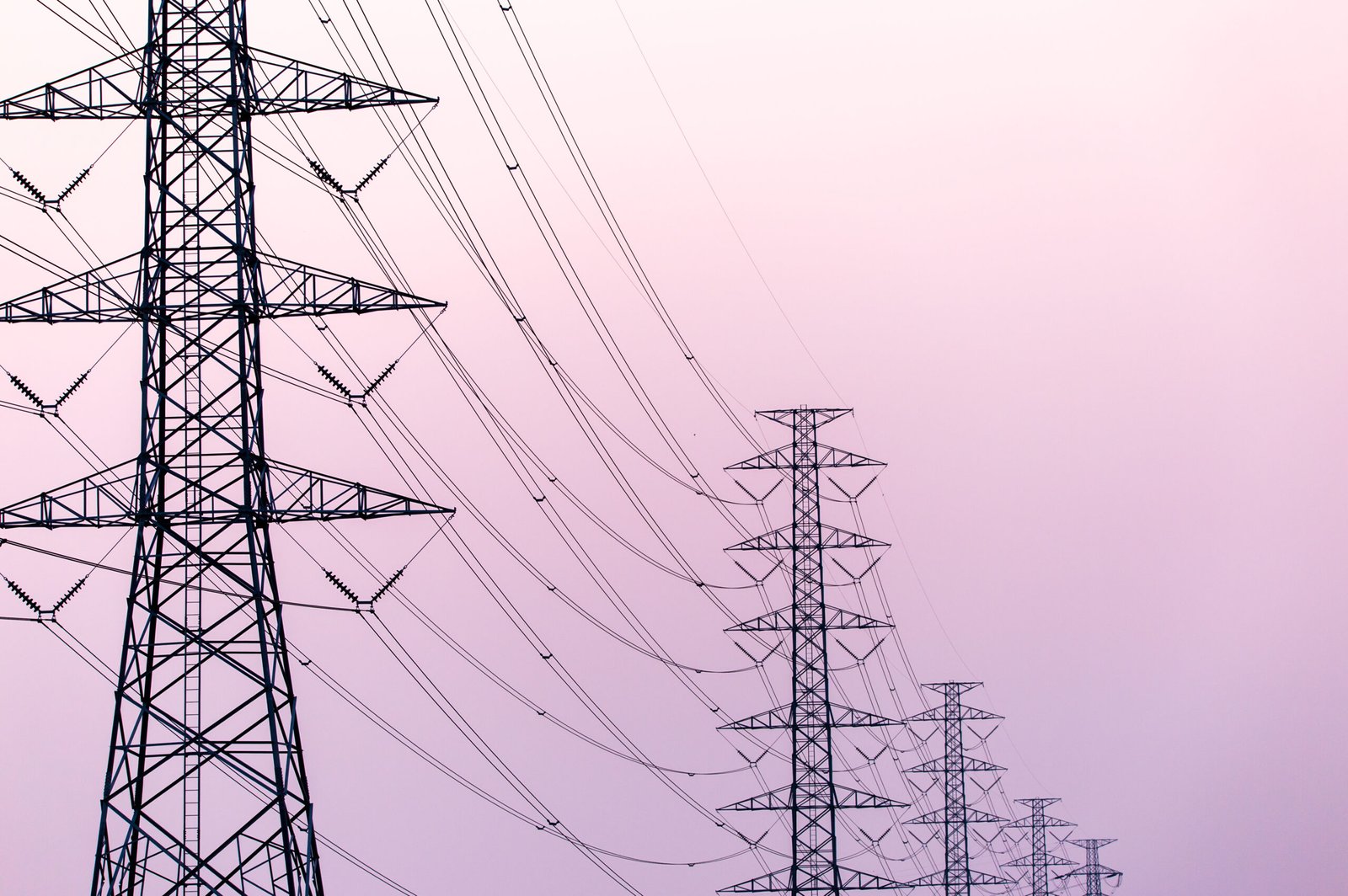OVERVIEW
“India is fully committed to building a cleaner, greener planet. We were the first among G20 nations to meet our Paris Agreement commitments on green energy, well ahead of schedule. While we continue to strengthen existing solutions, we are also focused on embracing new and innovative approaches”
– Hon’ble Prime Minister Shri Narendra Modi

'Viksit Gujarat'
India has reiterated its commitment to the vision “Viksit Bharat @2047”, which envisages India as a developed nation by the centenary of its independence by 2047. While India remains steadfast to its vision, it acknowledges the significant threat posed by climate change to the country’s future development. In this view, it has set an ambitious target of becoming net zero by 2070. Additionally, in its 2030 Nationally Determined Contributions (NDCs) under the United Nations Framework Convention on Climate Change (UNFCCC), India has committed to achieving 50% of electric power capacity from non-fossil sources.
For several years, fossil fuels have dominated India’s energy sector. However, the commitment to derive 50% of electricity from renewable sources by 2030 has brought transformative shift in India’s energy policy. The country is distinctly moving towards clean energy derived from solar, wind, bio-mass, hydro, etc.
India has made significant strides in renewable energy (RE) sector by accounting for more than 46.3% of the total electricity generation capacity. Last year, the country hit a significant milestone by crossing 200 GW (gigawatt) of RE capacity. India ranks 4th globally in RE installed capacity and wind power capacity and 5th in solar power capacity.
One of the hallmark projects that are helping India make remarkable progress in its green energy transition is Khavda RE Park. The upcoming solar and wind energy park that is getting set up at Khavda in Kutch region of Gujarat is the world’s largest RE park with 30 GW of capacity. Out of 30 GW, 15 GW RE capacity is expected to come up by 2024-25 and balance by 2026-27 timeframe.

Energy Transition

Economic Development
The RE park is expected to create employment opportunities for 1 lakh people and attract investment of Rs 1.5 lakh crore. Through such projects India is pioneering a new model of economic development that would also be environment-friendly and sustainable.
However, for Khavda RE park to be optimally utilised and financially viable, synchronised augmentation in transmission infrastructure is required. This will ultimately help evacuate RE power generated at Khavda. To that end, Ministry of Power, Government of India has envisaged Khavda IV C Transmission Line Project.
Project Address of Gujarat: Khavda IV C Power Transmission Ltd, M3 Vaibhav Complex, Kamrej Char Rasta, Near Millennium Super Store, Kamrej, District – Surat, State – Gujarat (Pincode – 394185)
Project Address of Maharashta: Khavda IV C Power Transmission Ltd, F- 22, Plot No – 7&8, Good Life, Tata Housing near Reliance Smart Bazar, Boisar East District – Palghar, Maharashtra (Pincode – 401501)
Email: info@k4cptl.com
